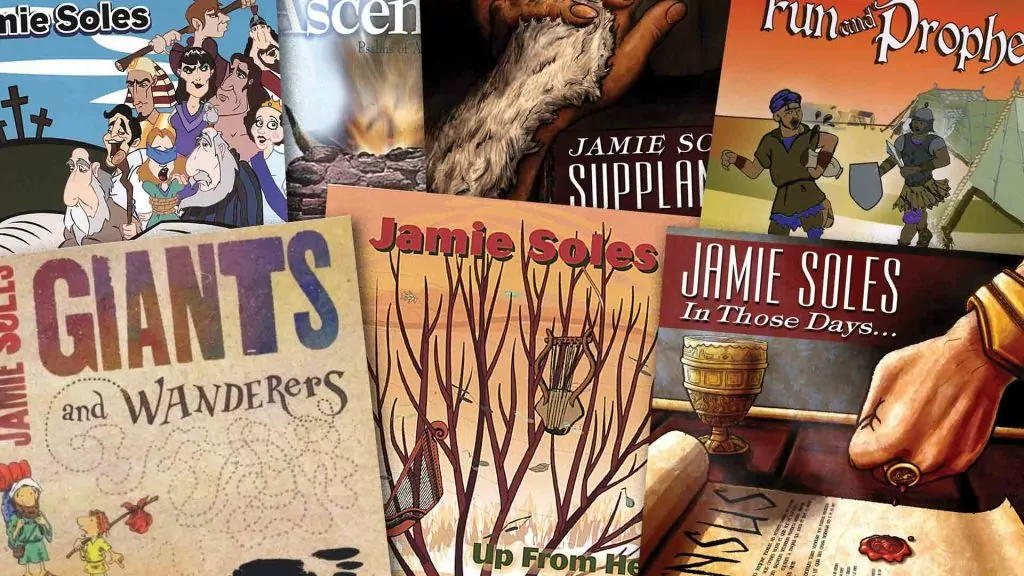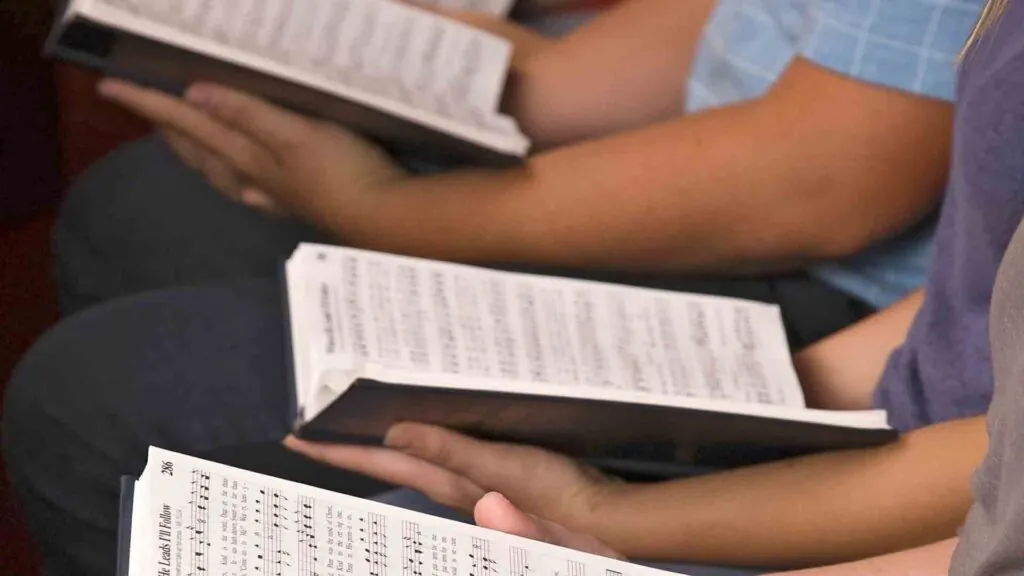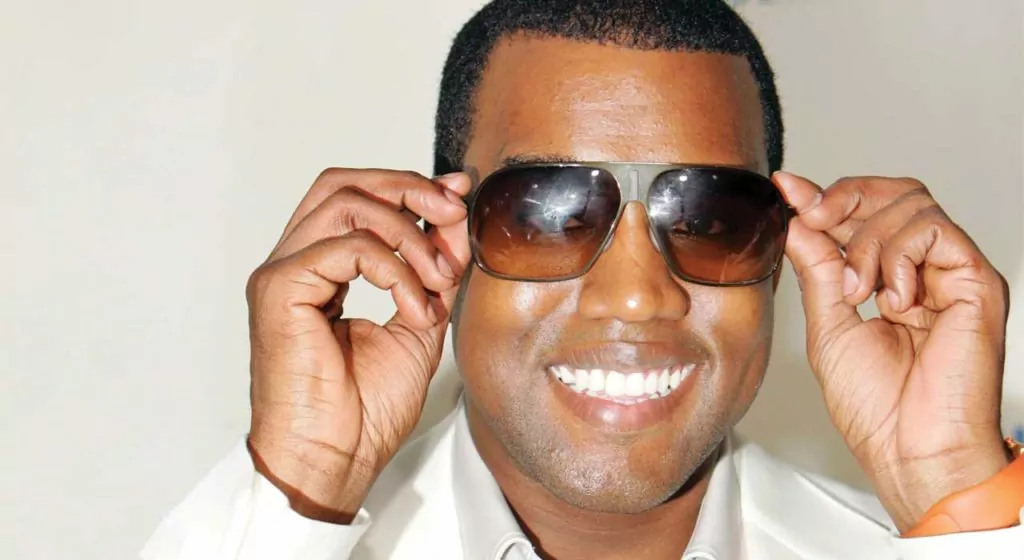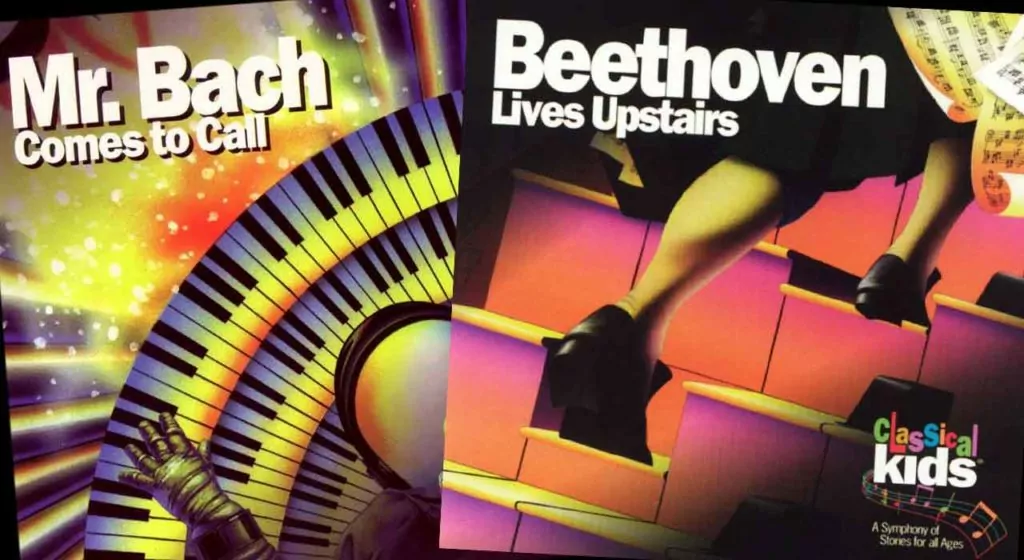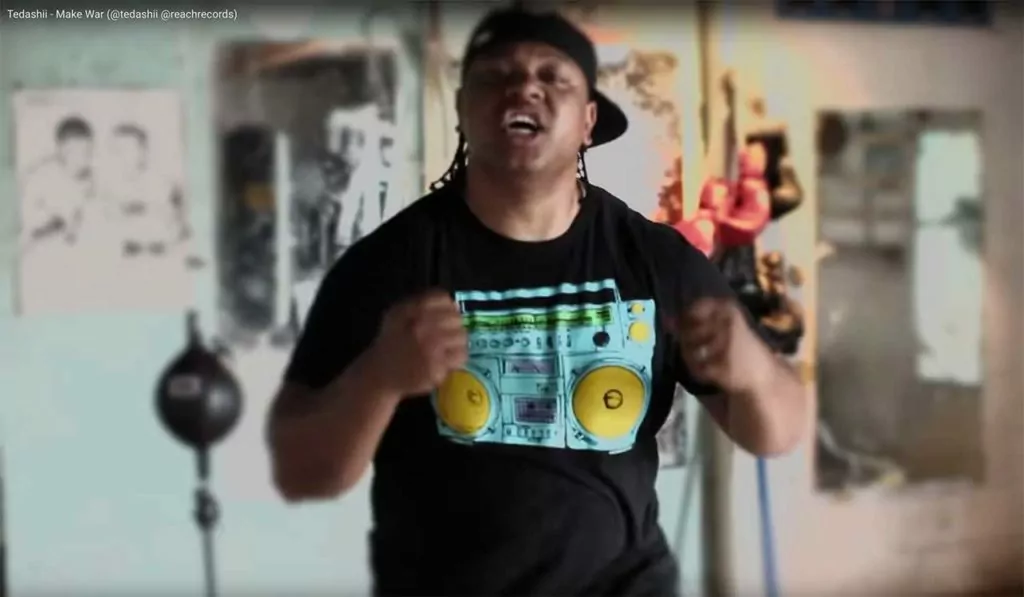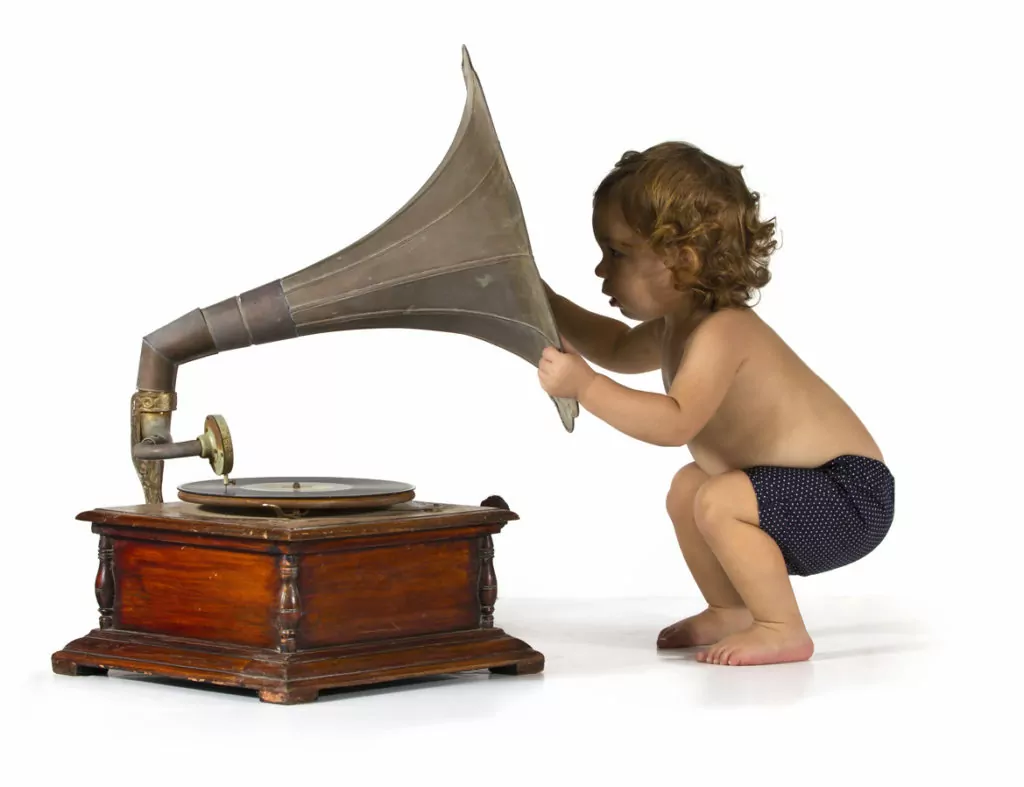
Music
Music worth watching: a top 10
The only rules for how these videos were selected were that: no band could get more than one entry, and this specific song had to be solid – I haven't looked through the back catalogue of all these artists, so I'm not trying to endorse everything they've done. I do think this was special, though.
I might expand this list periodically, but 10 seemed enough to get things going. Eight of the songs were on Spotify, if you want to listen there, though these really are worth a watch.
ONE SHOT WONDERS (2)
The one-shot video is an exercise in planning – once filming starts, it's supposed to never stop until the entire song is sung. While Ok Go didn't invent this genre, they might be the most proficient at it, and they're the band that the comic troop Studio C is spoofing in their own one-shot disaster.
Two Christian artists have made the attempt too, and managed to do what Studio C didn't. These are wonderful...
Allison Eide’s one-shot “In the Moment”
Christian artist Allison Eide got her friends together to create this epic, non-stop, one-shot video.
Andrew Peterson's "Is He worthy?"
This is a wonderful song with a video every bit as good. It probably isn't a true one-shot video, as the camera zooms in on the black piano at one point, which could have made for a nice scene break, but regardless, it feels like one.
And whether it is or isn't, it is amazing!
MORE THAN JUST PEP (3)
These have some toe-tapping zip to them, but also truth worth hearing.
Micah Tyler's "Praise the Lord"
Into everyone's life a little rain must fall, yes. And we will praise God still.
Matt Maher's "The Lord's Prayer"
Don't let the heavy metal-ish way this begins throw you off - that's a little misdirection on an awesome song.
Jenny Geddes Band's "Hold your peace"
Who is the pot to question the potter?
PERFECT WEDDING SONGS (2)
Here's a couple for every couple out there.
The Gray Havens' "Band of gold"
I'll just say, love it, love it, love it :)
Jimmy Clifton & Haddon's "Pinching pennies"
These two are quite happy about being poor. But that's okay; they'll be fine, because they have such good women in their lives.
RAP FOR THE MASSES (3)
Not every musical genre is going to appeal to everybody, and Rap's reputation might have many wondering if there is just something inherently wrong with it. But some folks do Rap right... and even do it Reformed, as you can see below.
Years ago, I showed my father-in-law a video by Shai Linne's wife, Blair Linne, called "The Perfection of Beauty." My father-in-law was a Rap skeptic beforehand, and while I can't say I won him over completely, that song had him re-evaluating. Shai Linne's video below doesn't have quite the same emotional pull as his wife's, but it is a story well told.
For a while there, Reformed pastors were making regular cameos in Rap songs. This time around, it's Pastor John Piper teaming up with Rapper Tedashii to call out any and all who are whining about, and not fighting against, their sins.
Propaganda's "Life in 6 Words: The GOSPEL"
This might be more spoken word than rap, but... close enough. And great stuff!
JUST BEAUTIFUL (1)
It might not be you, but if you're watching this with someone, at least one of you is going to be bawling.
A dad shares his prayer for his little girl.
FUTURE NOMINEES
This didn't quite make the Top 10, but it might make the Top 12 when the list expands. And if you have nominees, please let me know.
Josiah's Queen's "Dusty Bibles"
If ever there was a song for our time...
If there was an oldie but goodies category...








